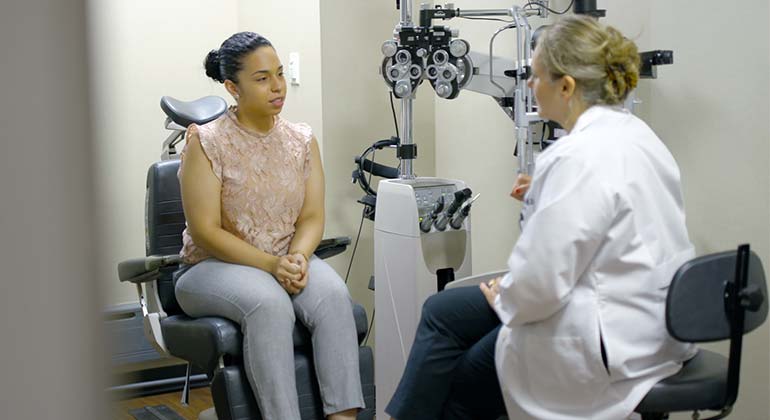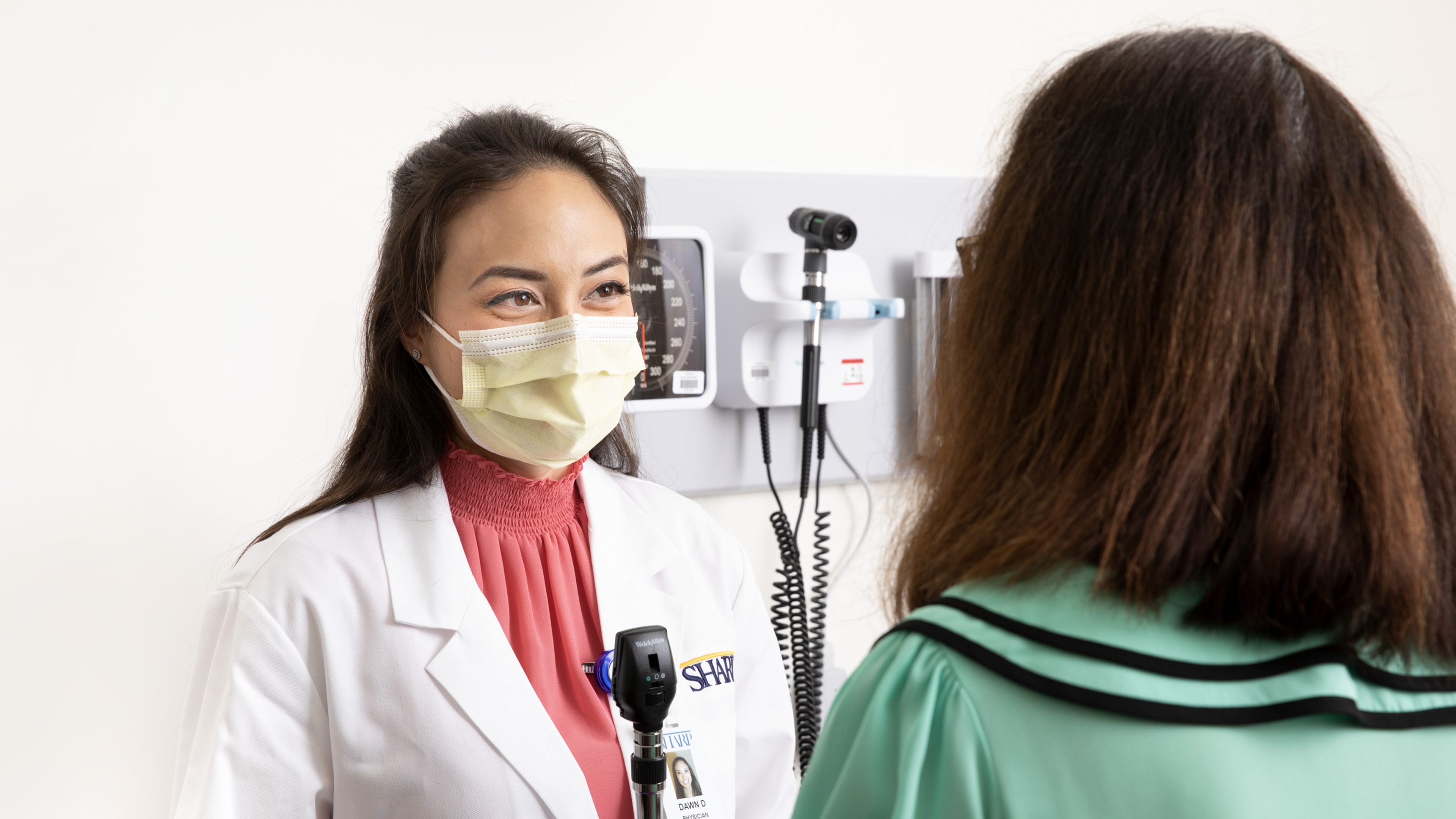Is Refractive Surgery Right for You? Aspects to Consider for Better Eyecare
In the world of eye care, the decision to go through refractive surgical treatment is a substantial one that requires thoughtful factor to consider. From the details of one's eye wellness to the ins and outs of everyday routines and personal expectations, each element holds importance in the broader landscape of refractive surgical procedure candidacy.
Eye Health And Wellness Examination
When taking into consideration refractive surgical procedure, an extensive eye health analysis is crucial to assess the suitability of the procedure for every individual. cardiologist andalusia. This analysis entails a series of evaluations and tests performed by an eye care professional to establish the general health of the eyes, the existence of any underlying conditions, and the security of the refractive error
Throughout the assessment, numerous aspects are considered, such as the person's case history, present eye prescription, corneal thickness, student dimension, and tear film top quality. These evaluations aid to identify any contraindications to refractive surgery, such as corneal problems, cataracts, or neglected eye infections. In addition, the assessment aids to manage person expectations pertaining to the potential results of the surgery based on their unique eye features.
Eventually, the eye health and wellness analysis is essential in making certain the security and efficiency of refractive surgical treatment, as it gives valuable insights into the person's eye health status and helps identify the most appropriate treatment choices for attaining optimum aesthetic end results. (andalusia pediatrics)
Way Of Life Evaluation
A detailed way of life analysis is important in determining the viability of refractive surgical procedure for an individual's aesthetic adjustment demands. Way of life variables such as profession, hobbies, and day-to-day activities play a critical role in the decision-making procedure regarding refractive surgical treatment.
Additionally, lifestyle practices such as sports participation, outdoor tasks, or also skin care regimens can affect the recovery procedure and general success of refractive surgical procedure. By performing a thorough way of living evaluation, eye care professionals can customize their suggestions and treatment plans to fulfill the one-of-a-kind requirements of each client, ultimately leading to boosted aesthetic outcomes and satisfaction.
Assumption Positioning

Setting realistic assumptions includes complete pre-operative discussions between the eye doctor and the client. The surgeon needs to transparently interact the prospective risks, advantages, and restrictions of the treatment (eye center andalusia). Clients require to comprehend that while many people achieve 20/20 view it vision or far better complying with refractive surgical procedure, some may still require glasses for particular activities like analysis or driving at night. Taking care of these expectations aids stop disappointment and frustration post-surgery, resulting in an extra positive total experience for the client.
Risk Evaluation

Variables that might raise the risk of difficulties include age, specific clinical problems like autoimmune illness, unstable vision prescription, thin corneas, and impractical client assumptions. Additionally, selecting a experienced and knowledgeable cosmetic surgeon, complying with pre and post-operative treatment instructions diligently, and divulging any appropriate clinical background can help reduce dangers.
To decrease the possibility of problems, eye doctors perform comprehensive pre-operative examinations to recognize any kind of contraindications to surgery. They also talk about the prospective threats and benefits with clients during the examination procedure. By involving in open interaction and shared decision-making, both the person and the ophthalmologist can interact to determine if refractive surgery is the best choice based on individual risk accounts and desired outcomes.
Consultation Importance
Considering the crucial role of informed decision-making in assessing risks and prospective problems in refractive surgery, the consultation process holds substantial relevance in assisting clients towards optimal outcomes. Throughout the appointment, the eye doctor assesses the patient's eye wellness, refractive mistakes, and overall viability for surgical procedure. This first evaluation is essential in determining one of the most appropriate treatment for check my reference each and every individual, taking right into account elements such as corneal thickness, student size, and existing eye problems.
Additionally, the assessment offers as a chance for patients to review their expectations, concerns, and any kind of questions they may have pertaining to the surgical treatment. Clear communication in between the surgeon and the person is important to ensure sensible site web expectations and a detailed understanding of the potential threats and benefits included.
In addition, the assessment permits the cosmetic surgeon to describe the different surgical alternatives available, their particular end results, and the post-operative treatment required. This comprehensive discussion equips people to make well-informed choices concerning their eye treatment, causing far better complete satisfaction and end results post-surgery.
Verdict
To conclude, individuals taking into consideration refractive surgery ought to undergo a thorough eye health and wellness evaluation, examine their way of living practices, align their assumptions with possible end results, analyze the involved dangers, and prioritize examinations with eye treatment specialists. These variables play an essential function in identifying the viability of refractive surgical treatment for each and every person, making certain optimum end results and contentment with the treatment.
People thinking about refractive surgical treatment commonly have high assumptions relating to the outcomes, expecting perfect vision without the need for glasses or call lenses. While refractive surgical procedure can greatly improve vision and lower dependence on aesthetic aids, it is essential for patients to recognize that outcomes may vary based on private factors such as the level of refractive mistake, corneal thickness, and overall eye wellness.
By involving in open communication and shared decision-making, both the ophthalmologist and the patient can function together to determine if refractive surgical procedure is the best choice based on specific danger profiles and preferred outcomes.
Taking into consideration the important role of educated decision-making in examining risks and possible problems in refractive surgery, the assessment process holds considerable importance in leading clients in the direction of ideal end results. During the appointment, the eye doctor assesses the person's eye health, refractive mistakes, and overall suitability for surgical procedure.